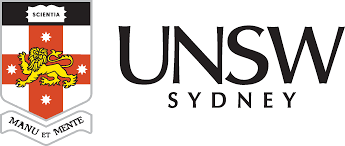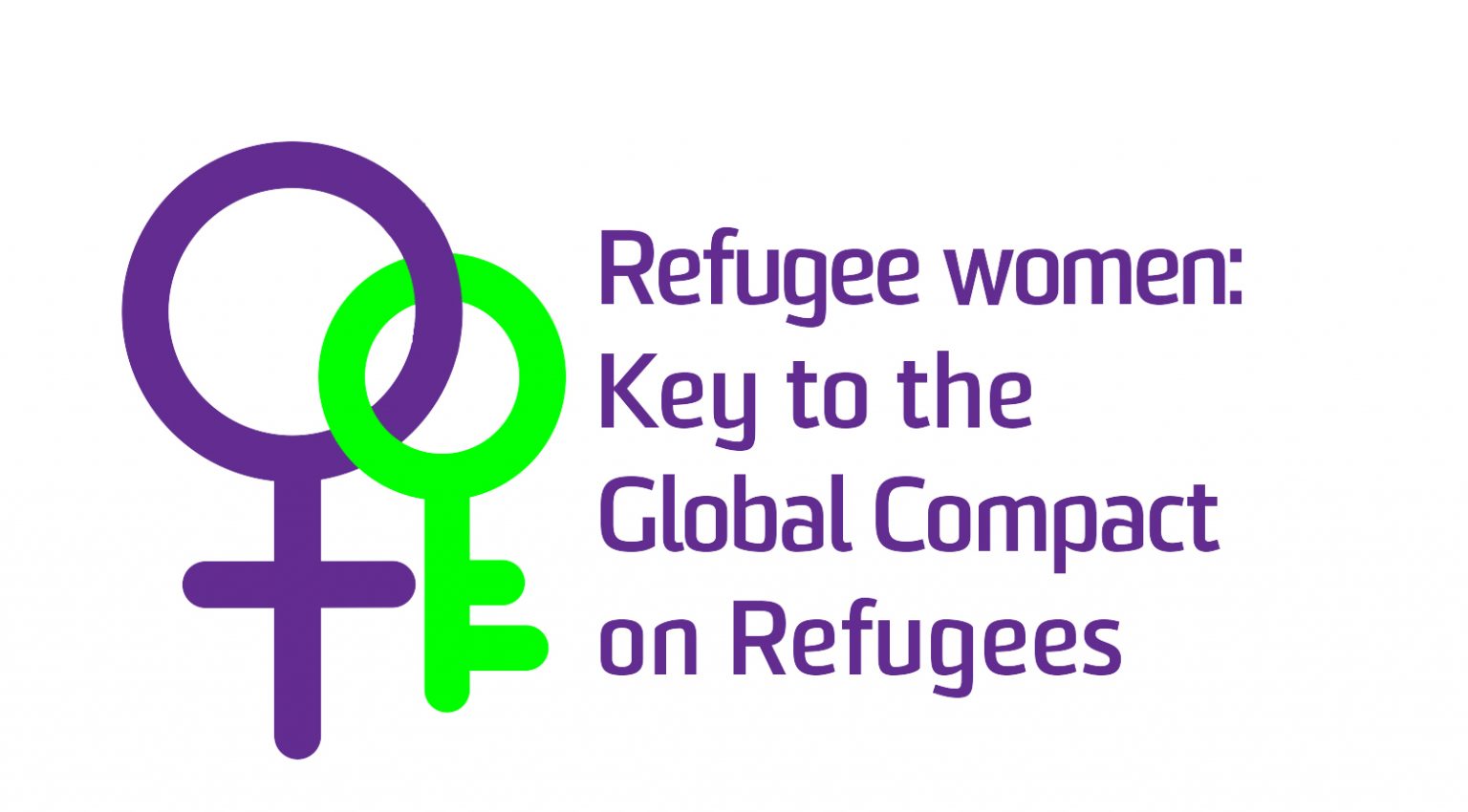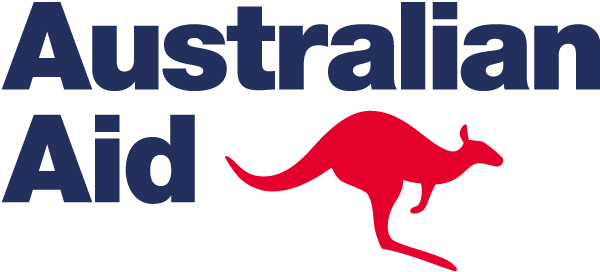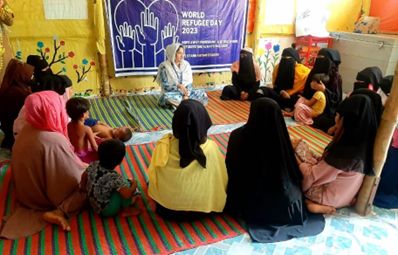
This Resource Kit is a result of the multi-year collaborative action-based research project “Refugee Women and Girls – Key to the Global Compact on Refugees” undertaken in Bangladesh, Malaysia and Thailand, 2018 – 2024. The aim of the project was to monitor the implementation of commitments to women and girls in the UNHCR Global Compact on Refugees.
It is important that facilitators read this material before presenting the modules, as it explains where the idea came from came from, why it is so important, and what we can do to make commitments to refugee women and girls a reality. They can also be provided to participants as Handouts.
Rationale – What is this Tool and why is it necessary?
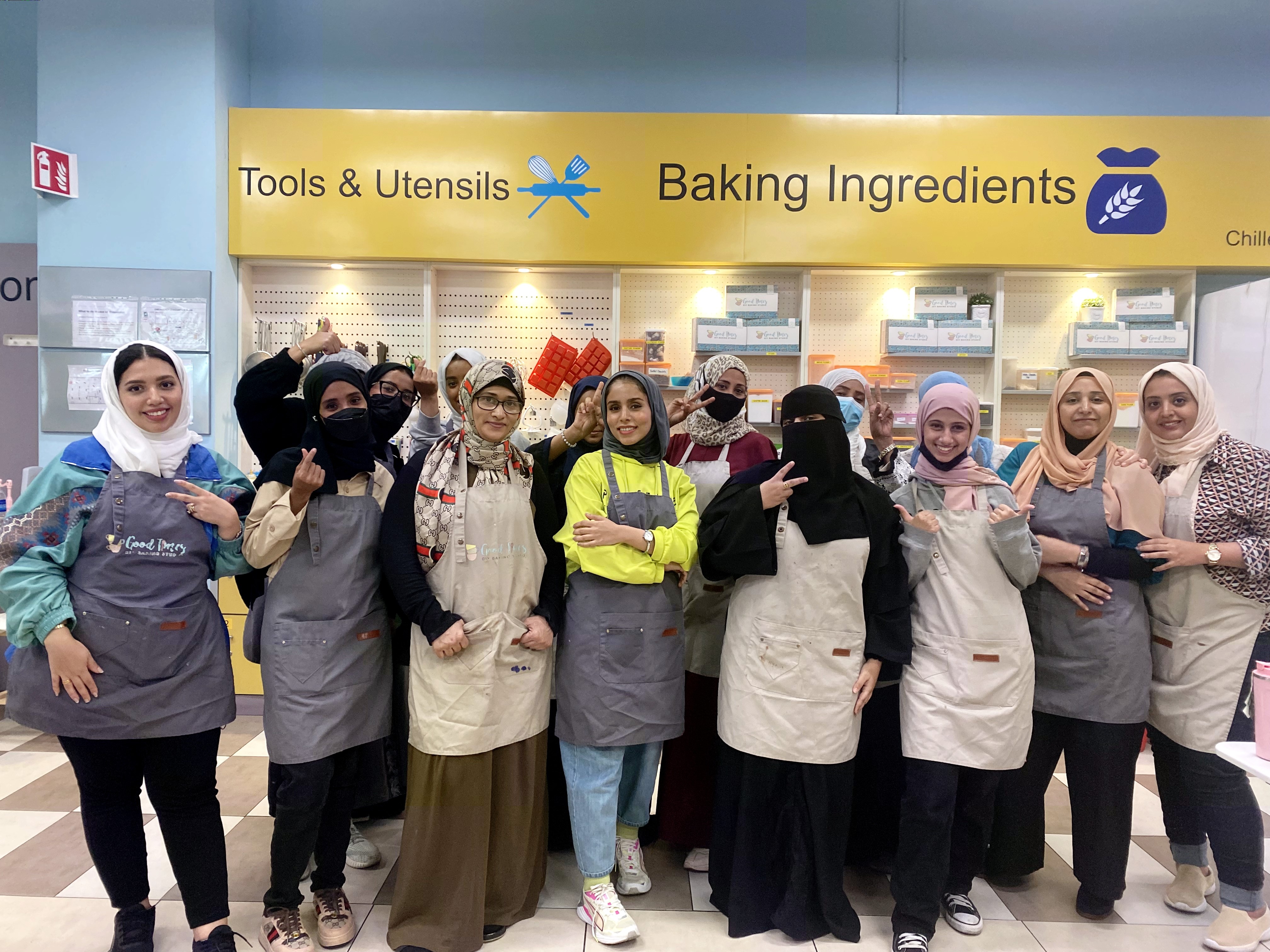
13 The programme of action is underpinned by a strong partnership and participatory approach, involving refugees and host communities, as well as age, gender, and diversity considerations, including: promoting gender equality and empowering women and girls; ending all forms of sexual and gender-based violence, trafficking in persons, sexual exploitation and abuse, and harmful practices; facilitating the meaningful participation of youth, persons with disabilities and older persons; ensuring the best interests of the child; and combating discrimination. See UNHCR Executive Committee (ExCom) Conclusion No. 108 (LIX) (2008), (f)-(k). Global Compact on Refugees, 2018
Power Point Slides with Slide Notes
This Power Point presentation will introduce participants to the key points and project background they will need to understand before they embark on using the Tools and Exercises. We strongly suggest that if possible, participants be required to read this material before starting the training sessions. If this is not possible because people do not speak English or are pre-literate, it would be useful for the facilitator to spend extra time familiarising them with the content.
The Project Partners
The multi-stakeholder project is led by researchers Linda Bartolomei and Eileen Pittaway from UNSW’s Forced Migration Research Network (FMRN).
Project partners in each country
In Malaysia, Tenaganita, the Malaysian Social Research Institute (MSRI), Asylum Access Malaysia (AAM), the Gender Studies Programme, Universiti Malaya (UM), UNHCR, Women led organisations from the Yemini, South Sudanese, Somali, Rohingya, Burmese, Pakistani and Afghan communities.
In Thailand, the Karen and Karenni and Muslim Women’s Organisations, the Border Consortium (TBC) and Institute of Human Rights and Peace Studies, Mahidol University.
In Bangladesh the main partners were Relief International (RI), the Centre for Peace and Justice, BRAC University, Women led organisations in the Cox’s Bazar camps and UNHCR.
Two key Regional organisations, Asia Pacific Refugee Rights Network (APRRN) and Asia Pacific Network of Refugees (APNOR) also contributed to the project.
